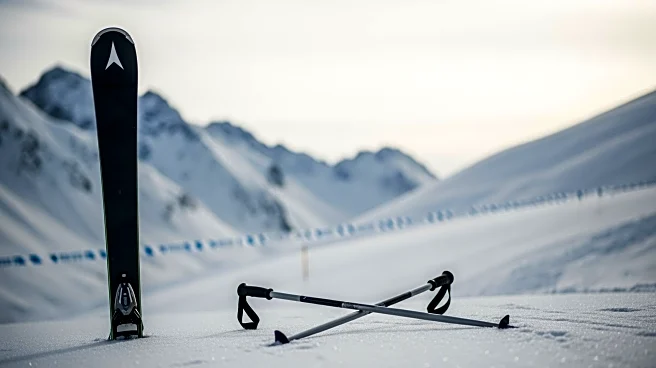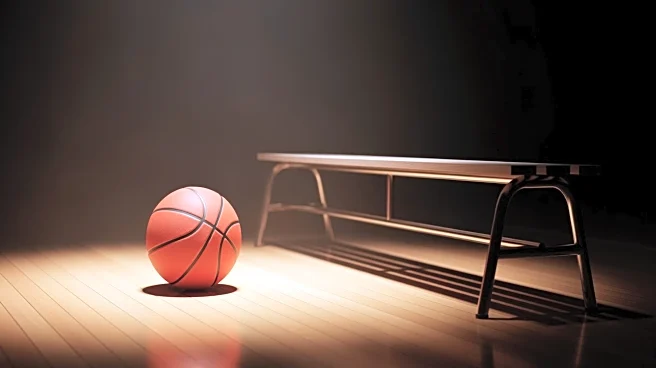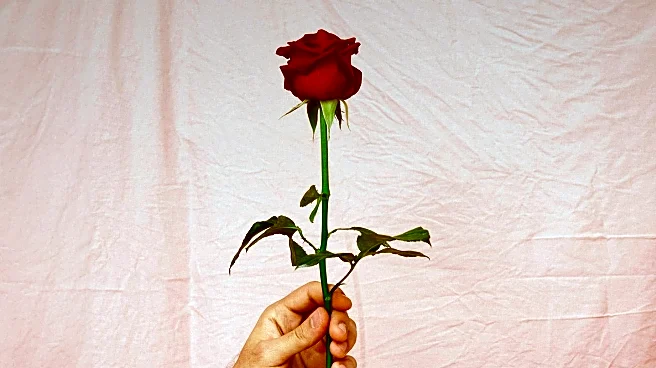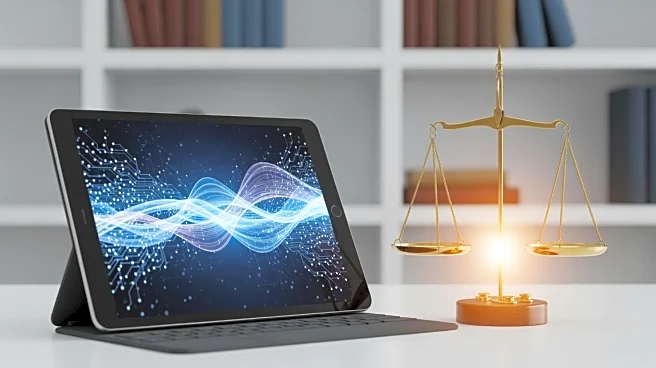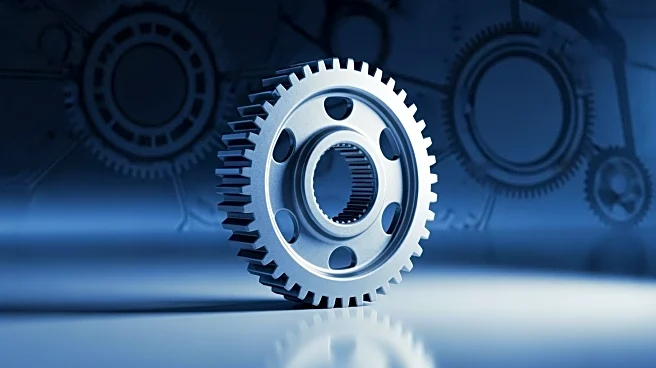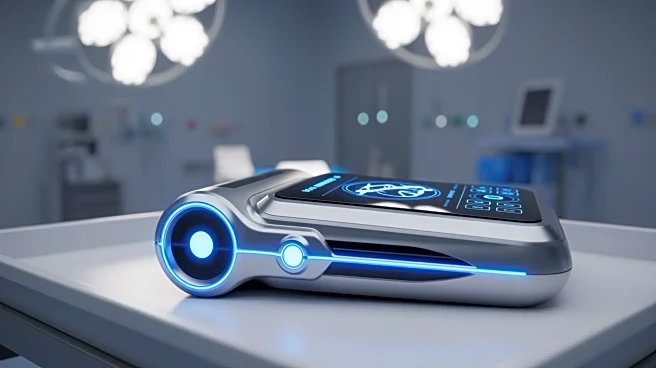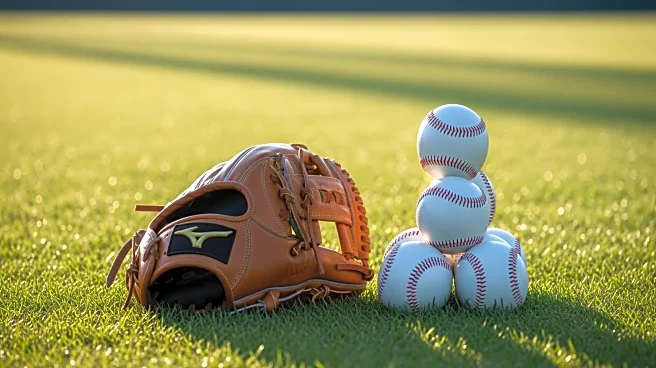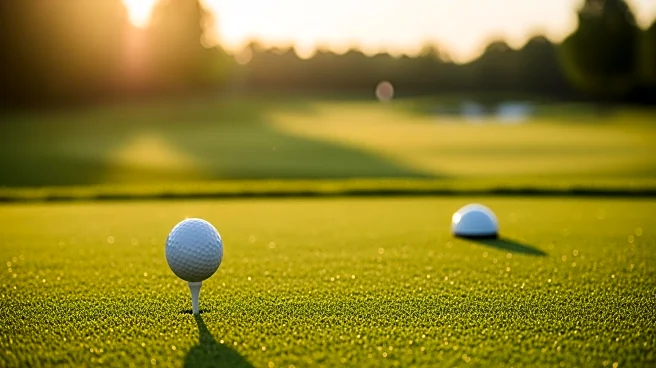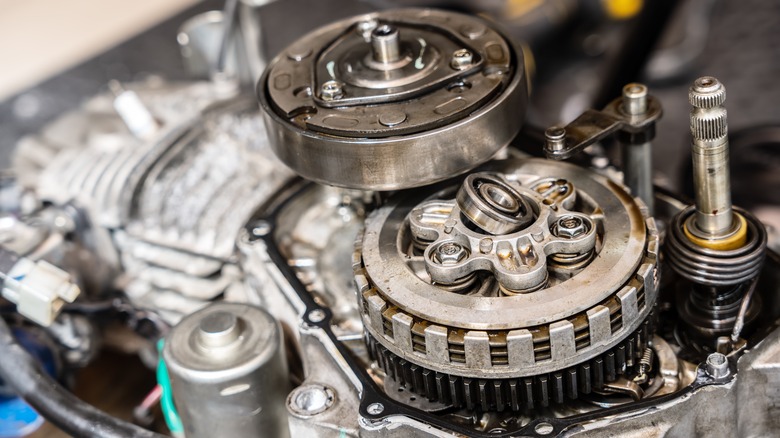
When it comes to owning a motorcycle, it can be all too easy to overlook maintenance. But just like any vehicle, bikes require preemptive maintenance to last a long time. This means keeping up with services
like oil changes and replacing consumable parts in a timely manner. But servicing your motorcycle is more than just replacing the tires, brake pads, and air filters. You'll also need to replace the chain, brake fluids, and even the clutch in order to keep your bike healthy for long.
Now, you might not need to check or change your motorcycle's clutch quite as frequently as, say, the brake pads, but you definitely should replace it as suggested by your owner's manual. The reason is that the duty of the clutch is to let you have control over the transfer of power from the engine to the wheels. So, if it's in a bad condition, the ride would be jerky, unpredictable, and in the worst-case scenario, pretty dangerous. So naturally, as a rider, you'll want to know how long your motorcycle's clutch lasts.
As a general rule, it's recommended that you change your clutch every 20,000 to 60,000 miles. However, there are exemptions to that rule, as some riders might need to visit a mechanic much sooner — especially if they're used to pushing their bikes too hard. In fact, depending on your type of bike, riding style, and quality of the parts themselves, your clutch might not always follow that rule. That's why it's always best that you check out the early warning signs of a worn-out clutch — like difficulty shifting or strange noises.
Read more: 13 Of The Best Motorcycles For Riders Over 50
Why You May Need To Replace Your Motorcycle Clutch More Often Than Others
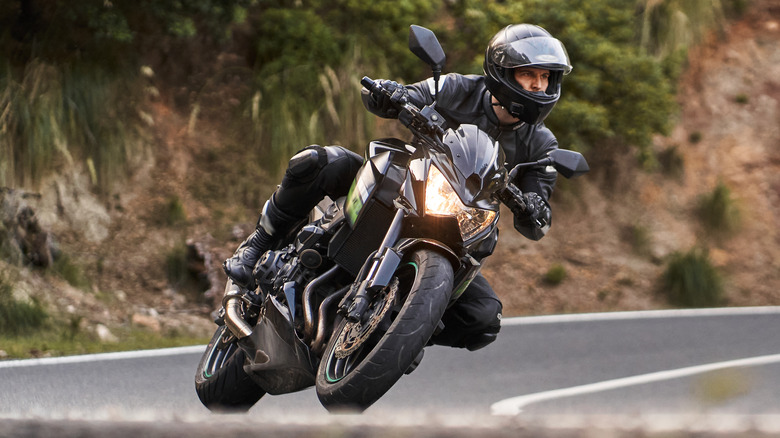
Just like there are many factors that might influence your motorcycle's battery lifespan, there are many variables that can affect how long your clutch lasts. Well, it's easy to assume that clutch problems — like motorcycle clutch slipping — are just because of age or unsettled maintenance. However, while these can be the leading cause, your riding style and habits can also have a significant impact on your clutch's longevity.
For instance, testing your bike's limit by accelerating aggressively, frequent drag racing, and hard launches is usually quite thrilling. But as tempting as these habits can be, they will put more stress on your clutches. That means they'll wear out faster, and you'll definitely need to change your clutch more often than the average. The same also goes for riders who spend most of their time in stop-and-go traffic. They will need to slip the clutch constantly to keep the bike moving, and this is a habit that will damage the clutch faster.
The type of bike you ride also plays a significant role in how often you will need to replace your clutch. Performance-focused riders with sports bikes will frequently face earlier replacement, as they'll probably put more stress on their clutches compared to cruiser riders. Finally, how you maintain your motorcycle could negatively impact your clutch, too. Skipping oil changes, ignoring clutch inspections, and using the wrong oil are maintenance habits that will kill your battery prematurely.
How To Know When To Change Your Motorcycle's Clutch
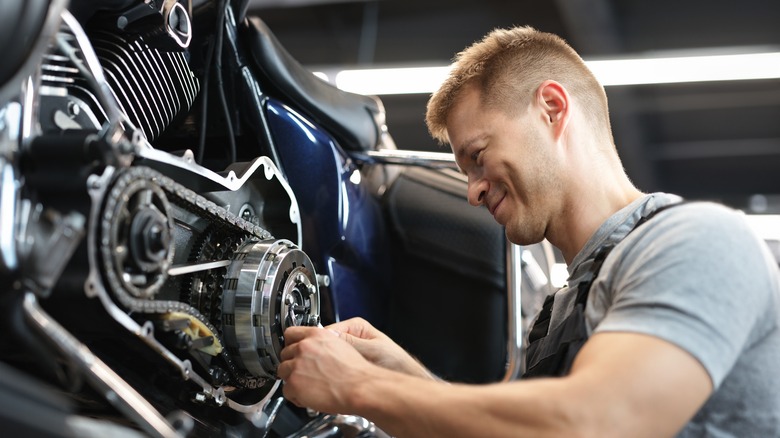
If you're a cautious driver, you'll always want to keep an eye on your bike's mileage so that you know when it is due for a clutch replacement. Of course, this can help. However, you'll always want to pay attention to early telltale signs that show that your clutch is wearing out much earlier than planned to avoid getting stranded by the roadside.
Now, when it comes to both cars and motorcycles, a burning smell is hardly a good sign. Sure, in most cases, the issue might not be severe — think of a fuel leak or oil leaks. However, if the problem persists, your clutch might be the culprit, especially if the smell is accompanied by a grinding and rattling sound when you pull the lever. If this happens, it would help to visit a mechanic for a clutch replacement.
If you're experiencing clutch slippage, that's also a clue that it's time to replace your clutch. Motorcycle clutch slipping mostly happens when you roll the throttle. Still, instead of accelerating smoothly, the bike's speed tends to remain the same (or increase slowly) even when the engine revs are higher than usual. In addition to that, if your bike jerks when you release the clutch lever, be sure to have your bike checked by a specialist. It could mean that the plates are worn, and continuing to ride your bike is probably not a great idea; it can lead to costly repairs.
Want the latest in tech and auto trends? Subscribe to our free newsletter for the latest headlines, expert guides, and how-to tips, one email at a time.
Read the original article on SlashGear.


